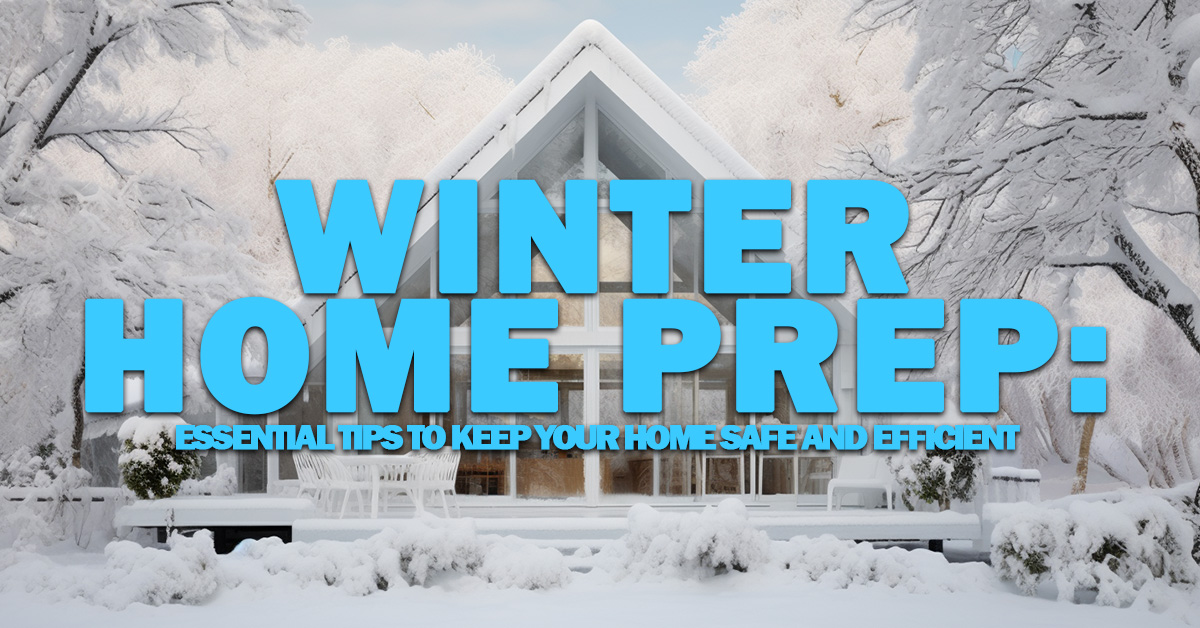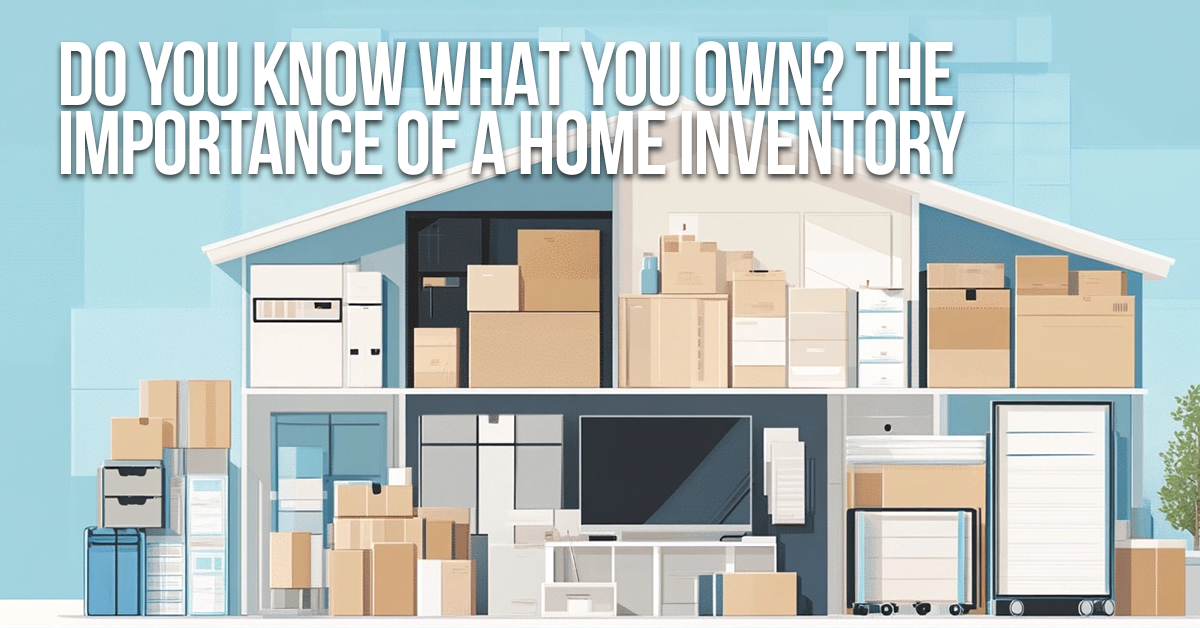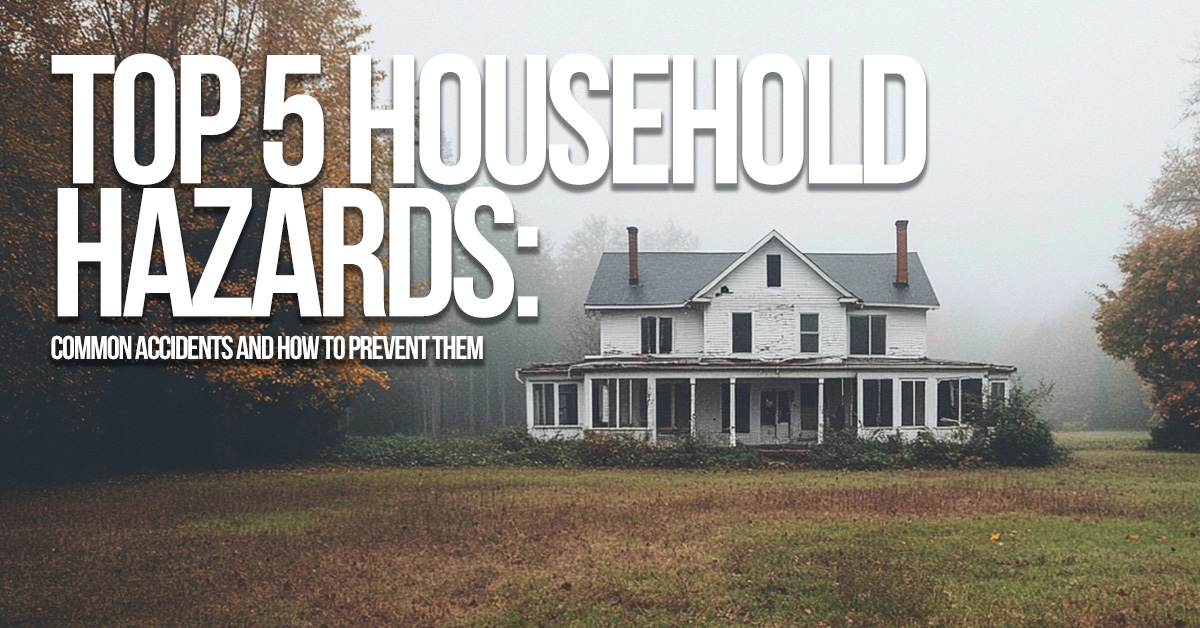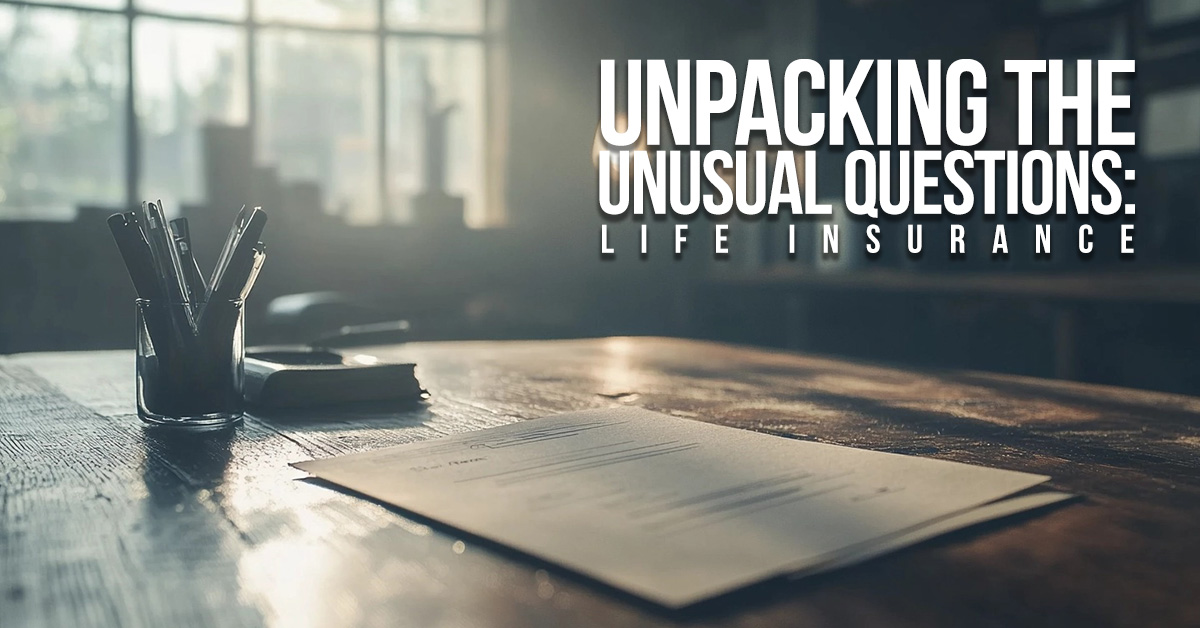
Winter Home Prep: Essential Tips to Keep Your Home Safe and Efficient
Winter can be a beautiful time of year, but it can also be harsh on your home. That’s why it’s important to winterize your home before the cold weather hits. By taking a few simple steps, you can protect your home from damage and save money on your energy bills.
Here are some essential tips for winter home prep:
- Have your fireplace professionally cleaned. Chimney fires are a common hazard in the winter, so it’s important to have your fireplace cleaned by a professional before you start using it.
- Change your furnace filters. Dirty furnace filters can restrict airflow and make your furnace work harder. Change your filters every 1-2 months during the heating season.
- Clear your gutters and downspouts. Clogged gutters and downspouts can cause water to back up and damage your roof, siding, and foundation. Clean your gutters and downspouts regularly, especially before the winter season begins.
- Perform a walk-around inspection. Take a walk around your home and inspect the roof, siding, and windows for any signs of damage. Repair any damage immediately to prevent further problems.
In addition to the above tips, there are a few other things you can do to winterize your home:
- Insulate your pipes. Exposed pipes are at risk of freezing and bursting in cold weather. Insulate your pipes to protect them from freezing.
- Seal air leaks. Air leaks can let in cold air and make your heating system work harder. Seal any air leaks around windows, doors, and other openings in your home.
- Add weather stripping. Weather stripping can help to seal air leaks and keep your home warmer. Add weather stripping to any doors and windows that don’t have it.
- Program your thermostat. To save energy on your heating bills, program your thermostat to lower the temperature when you’re not home and at night.
By following these tips, you can winterize your home and keep it safe and efficient all season long.
Additional tips:
- Check your smoke detectors and carbon monoxide alarms. Make sure that your smoke detectors and carbon monoxide alarms are in good working order. Change the batteries every year.
- Have your heating system inspected and serviced by a professional. This will help to ensure that your heating system is operating safely and efficiently.
- Stock up on winter supplies. Make sure you have enough food, water, and other supplies on hand in case of a power outage or other emergency.
Winter home prep is an important part of homeownership. By taking the time to winterize your home, you can protect it from damage and save money on your energy bills.








